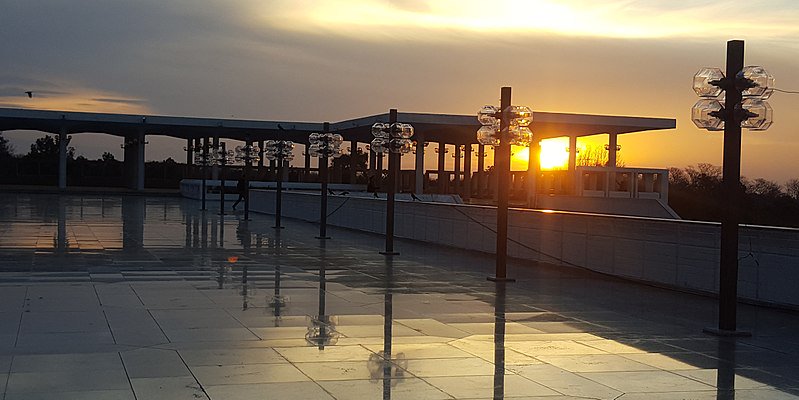Was My Purchase a Valid Transaction?
Question: I once purchased a book for a class that I was studying. The teacher ordered the books and then asked for payment when they arrived. He initially said it would cost £8, but the book ended up costing £18. Was this transaction valid?
Also, if an Institute that has a masjid hall, if this Institute’s Islamic Studies program co-ordinator has ordered books for students and is free for the students is this fine, or are there rules of waqf that play a part?
Answer:
Wa ‘alaykum assalam wa rahmatullah wa barakatuh.
I pray you are well
Avoiding Uncertainty In Financial Transactions
Your purchase seems to be fine. From the details in the question, it seems that no sale was conducted when the original price was mentioned and that the sale occurred when the books arrived via and exchange of commodity and payment (ta’ati). Clearly, you are happy to pay the price for the book, and there was no dispute. The transaction was fine.
Transactions can be problematic when there is a large degree of uncertainty (jahala) in the sale – about the price or the product – as this usually leads to disputes. To prevent this clarity is very important to negate all forms of uncertainty in transactions (Maydani, al Lubab).
The Reward of Honest Trading
This is why honesty and openness are very important in trade. The Messenger of Allah (Allah bless him and give him peace) said, “The truthful and trustworthy trader will be with the Prophets, the Utterly Truthful (siddiqin), and the Martyrs (shuhada’)” (Tirmidhi).
Also, it is fine for you to accept the free books. You can assume the institute is paying for them through donations.
May Allah grant you the best of both worlds.
Abdul-Rahim,
Checked and Approved by Shaykh Faraz Rabbani
Shaykh Abdul-Rahim Reasat began his studies in Arabic Grammar and Morphology in 2005. After graduating with a degree in English and History he moved to Damascus in 2007 where, for 18 months, he studied with many erudite scholars. In late 2008 he moved to Amman, Jordan, where he continued his studies for the next six years in Sacred Law (fiqh), legal theory (Usul al-fiqh), theology, hadith methodology, hadith commentary, and Logic. He was also given licenses of mastery in the science of Quranic recital and he was able to study an extensive curriculum of Quranic sciences, tafsir, Arabic grammar, and Arabic eloquence.
